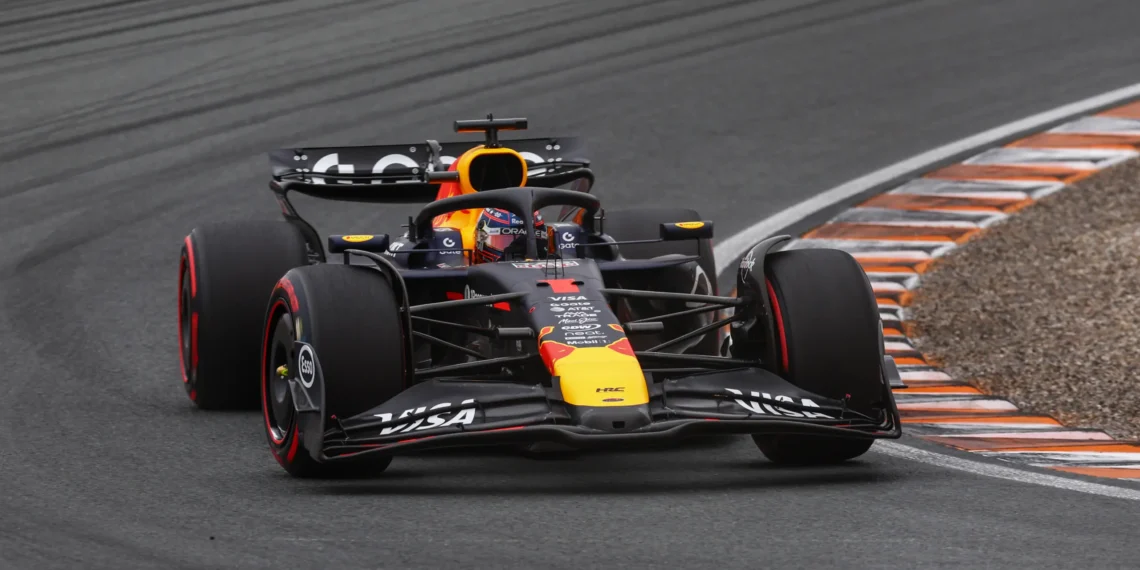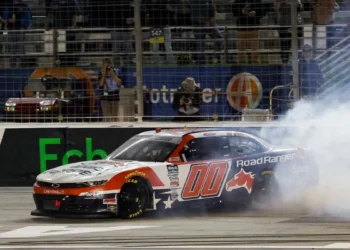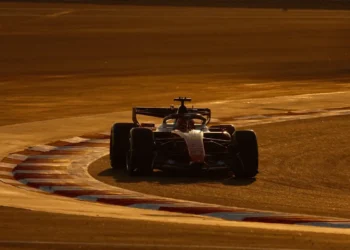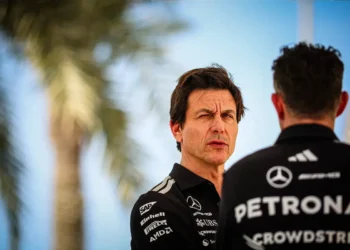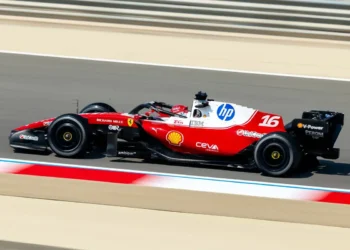Max Verstappen’s Bold Stance: Why Driving for Ferrari Is Not on His Radar
In the high-octane world of Formula 1, few names evoke as much passion and prestige as Ferrari. Yet, the Scuderia’s storied legacy comes with a hefty dose of pressure, infighting, and relentless media scrutiny, a reality that has not escaped the notice of the sport’s elite drivers. Enzo Ferrari, the legendary founder, famously regarded his racers as mere hired hands, creating a culture where the weight of expectation was almost unbearable.
Phil Hill, the 1961 world champion, recalled the unique burden: “Ferrari’s expectation of performance exerted a strong force that radiated throughout the organisation, and the drivers were not exempt from it.” Winning in a Ferrari, he noted, felt like a reluctant concession from a brand that had built a machine capable of greatness, but often withheld recognition from the drivers themselves.
This year, Lewis Hamilton has found himself ensnared in Ferrari’s complex web of high expectations and team dynamics. Despite a sprint race victory in China, he has struggled to establish dominance over teammate Charles Leclerc, with the car proving a formidable challenge. Team principal Fred Vasseur recently admitted to underestimating the difficulties of integrating Hamilton into the Ferrari fold.
Amidst this turmoil, the question arises: could Max Verstappen, reigning champion and one of the sport’s brightest stars, ever consider joining Ferrari? Speaking ahead of the Italian Grand Prix at Monza, Verstappen addressed the speculation surrounding his potential move to the iconic team. “They have two drivers contracted for next year, so there is no discussion anyway,” he told select media. “Now, is there a chance? Yes, there are a lot of chances in life for any kind of decision.”
However, Verstappen was quick to clarify that, for now, a switch to Ferrari is not on the horizon. “I don’t know how long I’m driving in Formula 1, so there are still a lot of unknowns for me,” he said, emphasizing the unpredictable nature of the sport.
Verstappen acknowledged the complexities Hamilton faces, particularly in competing against a well-established driver like Leclerc. “It’s never going to be easy to immediately go in there and start beating your teammate who is well integrated,” he explained. He pointed out the intricate nature of modern F1 cars, which can make it challenging to identify why a driver is either fast or slow.
Enzo Ferrari’s legacy is rooted in an era when racing was perilous and exhilarating, and his team has been a cornerstone of Formula 1 since its inception in 1950. Even during financially trying times, Ferrari’s allure has captivated drivers, often leading them to join without the guarantee of a winning car. But Verstappen sees things differently.
“I think Ferrari is a massive brand,” he stated. “All the drivers, they see and they picture themselves there, ‘I would like to drive for Ferrari.’ But I think that’s also where the mistake comes, just to drive for Ferrari.” For Verstappen, the passion of the brand must be accompanied by a tangible opportunity for victory. “If I would ever want to go there, I don’t go there just to drive for Ferrari, I go there because I see the opportunity to win,” he declared.
Could this be a veiled message to Ferrari’s management? Perhaps Verstappen is subtly urging the Scuderia to “fix your car, and I might drive for you.” The implications of his words resonate deeply within the sport, as he underscores the crucial balance between legacy and performance.
As the F1 season unfolds, one thing remains clear: Max Verstappen is laser-focused on winning, and he won’t be swayed by the glamorous allure of Ferrari unless it aligns with his ultimate goal. The road ahead promises to be thrilling, and the stakes have never been higher. Will Ferrari rise to the challenge, or will they continue to grapple with their internal dynamics? Only time will tell.

